
Is Your Body Trying to Tell You Something? 15 Early Signs of Cancer
Is Your Body Trying to Tell You Something? 15 Early Signs of Cancer
Cancer often develops silently, without dramatic symptoms—until it's more advanced. However, your body can give off subtle warning signs long before a diagnosis. Recognizing these early clues could save your life. The key is knowing what to look for, listening to your body, and seeking medical advice when something feels off. Below are 15 potential early signs of cancer that are worth paying attention to.
1. Unexplained Weight Loss
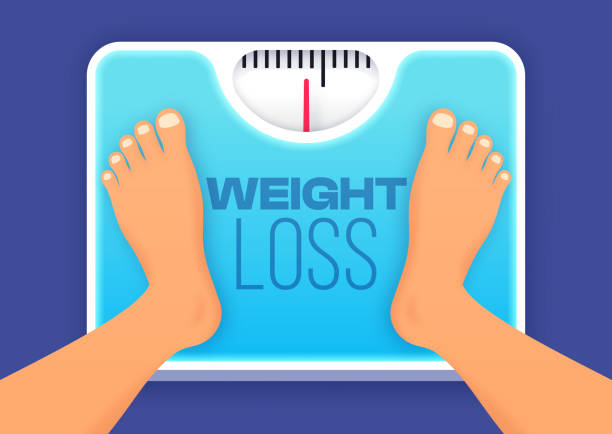
If you’re losing weight without changing your diet or exercise routine, it could be a red flag. Sudden, unexplained weight loss is often an early sign of cancers such as pancreatic, stomach, lung, or esophageal cancer.
2. Persistent Fatigue
We all get tired—but cancer-related fatigue doesn’t go away with rest. If you feel persistently drained or weak without a clear cause, it’s worth investigating.
3. Changes in Skin
Watch for new moles, changes in the shape or color of existing ones, or patches of skin that darken, redden, itch, or bleed. Skin changes can signal skin cancer or internal cancers.
4. Frequent Infections or Illness

A weakened immune system due to leukemia or lymphoma may lead to repeated infections or fevers that don’t respond to treatment.
5. Persistent Cough or Hoarseness
A lingering cough, especially if it's dry or worsens over time, could be a symptom of lung cancer. Persistent hoarseness can also indicate cancers of the throat or larynx.
6. Shortness of Breath
Difficulty breathing, especially during mild physical activity, could be a sign of lung or heart-related cancer, and should not be ignored.
7. Difficulty Swallowing

If swallowing becomes painful or feels like food is getting stuck, it may be a sign of esophageal or throat cancer.
8. Unusual Bleeding
Blood in your stool or urine, coughing up blood, or abnormal vaginal bleeding may be early indicators of cancers in the colon, bladder, lungs, or reproductive organs.
9. Persistent Bloating or Abdominal Pain
Ongoing bloating, cramping, or pelvic discomfort, especially in women, may be linked to ovarian or gastrointestinal cancers.
10. Chronic Heartburn or Indigestion
While often benign, if persistent, heartburn or indigestion could indicate stomach or esophageal cancer, especially if accompanied by other symptoms like difficulty swallowing.
11. Changes in Bowel or Bladder Habits

A sudden change in bowel movements—such as chronic constipation, diarrhea, or a change in stool size—could point to colon cancer. Similarly, urinary changes might signal bladder or prostate cancer.
12. Lumps or Thickening in the Body
A painless lump under the skin, particularly in the breast, neck, testicles, or armpits, can be an early sign of cancer. Don’t wait to have it examined.
13. Unhealing Sores or Mouth Ulcers
Sores that persist for weeks and don’t heal—especially in the mouth, on the tongue, or lips—can be signs of oral cancer.
14. Night Sweats or Fever Without Explanation
Unexplained night sweats or fevers that occur without an infection may indicate blood-related cancers like leukemia or lymphoma.
15. Pain That Doesn't Go Away
Chronic pain in a specific area—back, bones, abdomen—shouldn’t be ignored, especially if it's unexplained or gradually worsening.
When to See a Doctor
These symptoms do not always mean you have cancer—many can be caused by other, less serious conditions. However, if they persist for more than two weeks or worsen over time, consult a healthcare professional for a proper evaluation.
Final Thoughts
Early detection is one of the most powerful weapons in the fight against cancer. Don’t dismiss persistent symptoms as "just getting older" or "nothing to worry about." Your body often knows something’s wrong before you do—so when it whispers, listen.
By paying attention and acting early, you could make all the difference.
News in the same category


💤 The Science of Dreaming: Why Do We Dream?

New Study Reveals: Memory May Be Stored in Cells Beyond the Brain
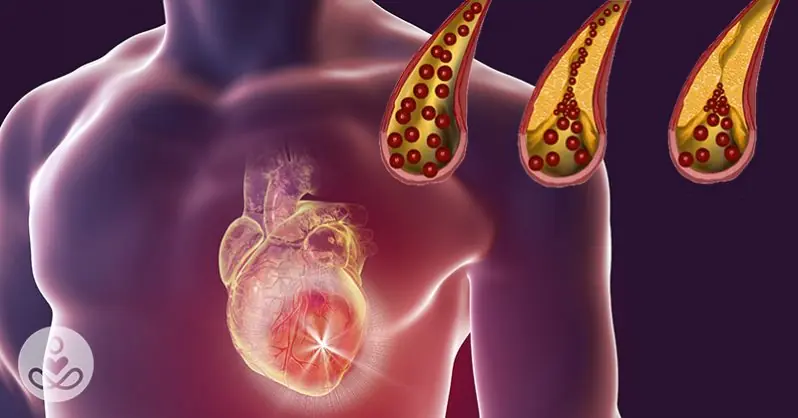
10 Foods You Should Eat Daily to Keep Your Arteries Clean

The Sleep Position That Could Be Quietly Damaging Your Health, According to Experts

Shocking Cancer Diagnosis at 44 Raises Alarms About a Popular Daily Sandwich Ingredient
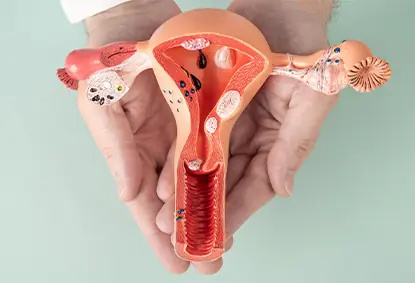
Understanding Uterine Fibroids: Causes, Symptoms, and Treatment Options

If You Suddenly Wake Up Between 3:07 and 3:15 AM, You Should Be Extra Cautious
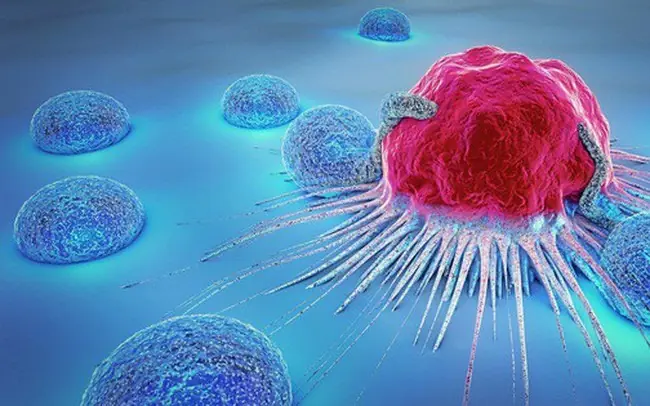
Discovery of a Drink That Helps “Push Back” Cancer: It's Not Tea or Coffee

One Year Before Death: The Body Often Shows 5 Warning Signs!

Revolutionary HIV Treatment: Lenacapavir Achieves 100% Clinical Efficacy
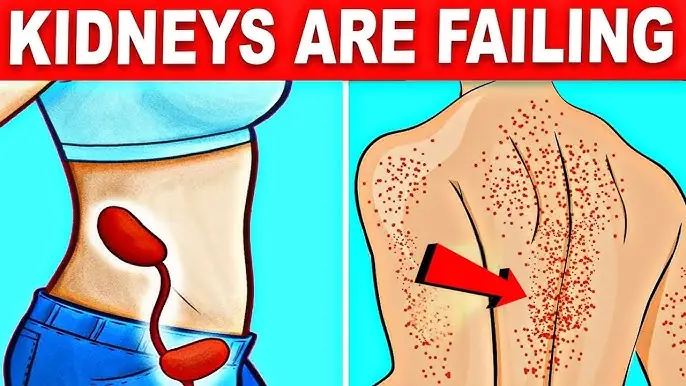
10 Warning Signs Your Kidneys May Be in Trouble
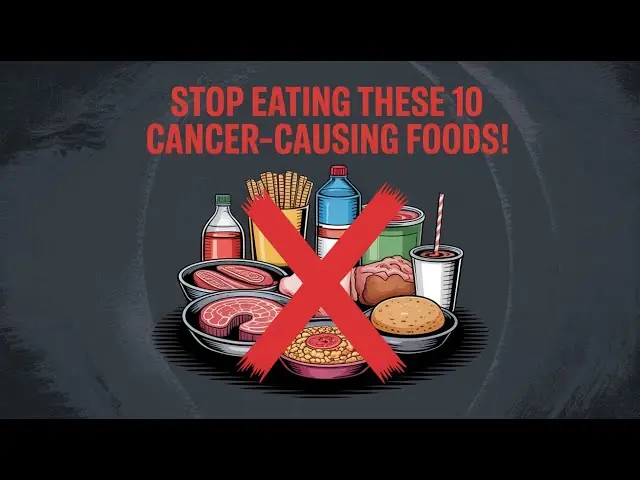
10 Foods Linked to Cancer You Should Avoid

How to Reduce Age Spots: Causes, Treatments, and Prevention

How to help naturally relieve gout and joint pain

Sudden Sharp Chest Pain? The Mystery May Finally Be Solved
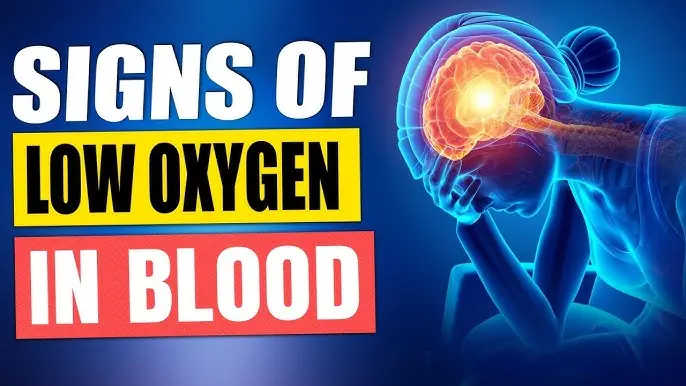
8 Warning Signs Your Oxygen Levels May Be Too Low — And How to Improve Them Naturally

Man Loses 400 Pounds Naturally and Raises Funds to Remove Excess Skin
News Post

Man Builds $20m White House Replica Atop Skyscraper—Now Legal Woes Keep Him Out

At 60, I Healed Cancer, High Blood Pressure, Diabetes, and Poor Circulation – All Thanks to This Powerful Drink

Woman Claims Ghost Companion Of 12 Years Warns Of Imminent Apocalypse

This Simple Homemade Juice Could Transform Your Life — The 100-Year Elixir Revealed!

🧠 How Your Brain Today Reflects Your Habits from Two Weeks Ago

💤 The Science of Dreaming: Why Do We Dream?

Too Much Salt May Lead to Depression, New Study Suggests

New Study Reveals: Memory May Be Stored in Cells Beyond the Brain

10 Foods You Should Eat Daily to Keep Your Arteries Clean

The Sleep Position That Could Be Quietly Damaging Your Health, According to Experts

Shocking Cancer Diagnosis at 44 Raises Alarms About a Popular Daily Sandwich Ingredient

When I Got Home from a Work Trip, 'He Lies' Was Carved Into My Hedge – Then I Found a Note Explaining Everything

My Wife Took $10K from My Daughter's College Fund to Pay for Her Own Daughter's Vacation & Said I Should Be Fine with It – Well, I Wasn't

I Got a Free First-Class Seat – My Entitled Brother Thought He Deserved It Just for Existing & My Family Took His Side

I Bought a $12 Prom Dress from a Thrift Store – Inside Was a Note That Changed Three Lives Forever

My Future MIL Showed Up to My Wedding in a Dress Identical to Mine – But My Groom's Reaction Made the Whole Church Go Silent

Understanding Uterine Fibroids: Causes, Symptoms, and Treatment Options

The Sun Isn't Yellow — It's Actually White ☀️
